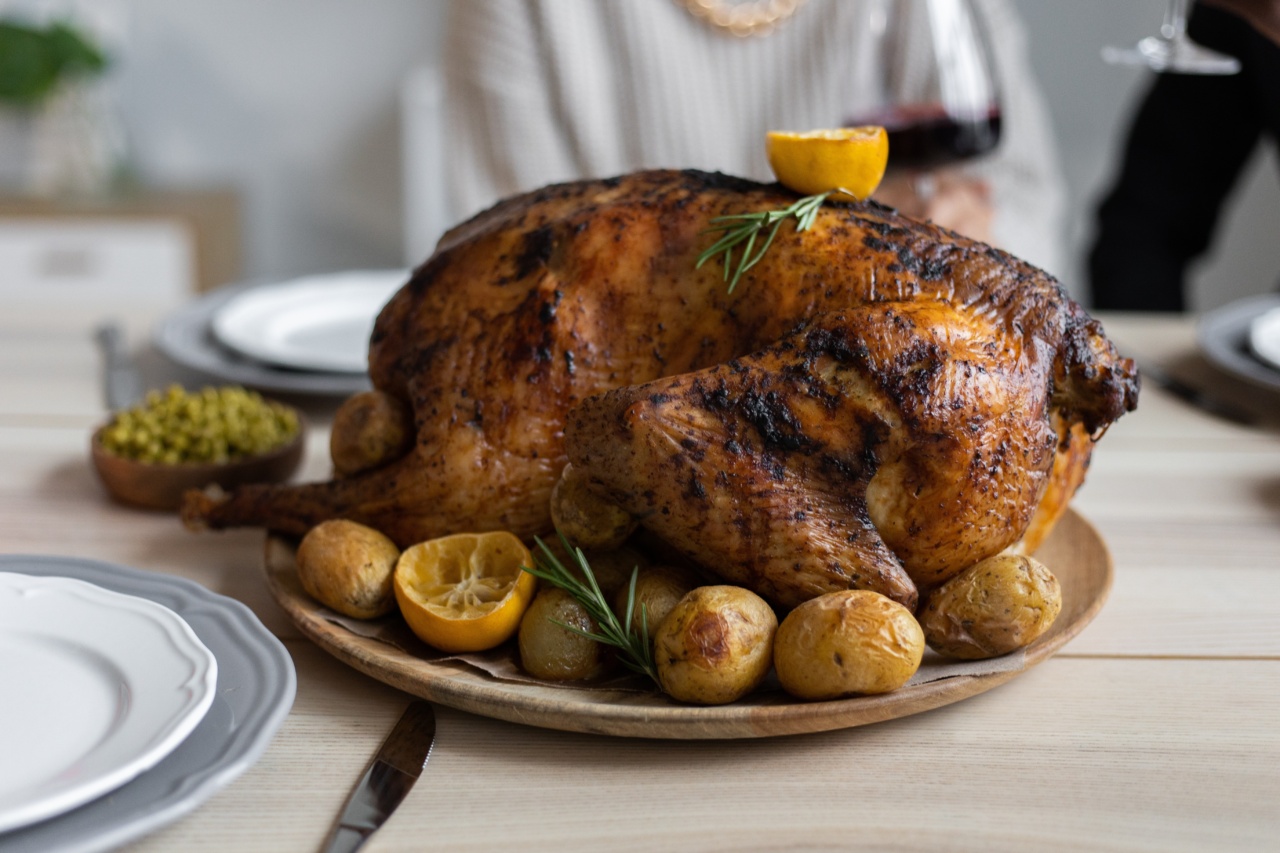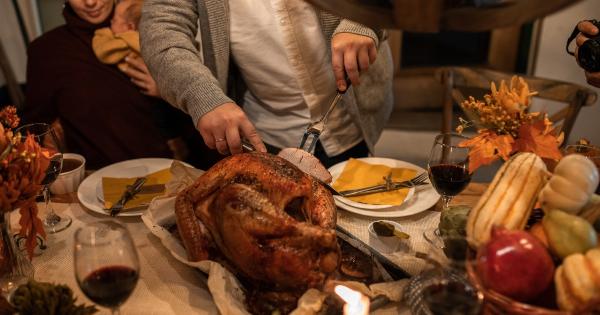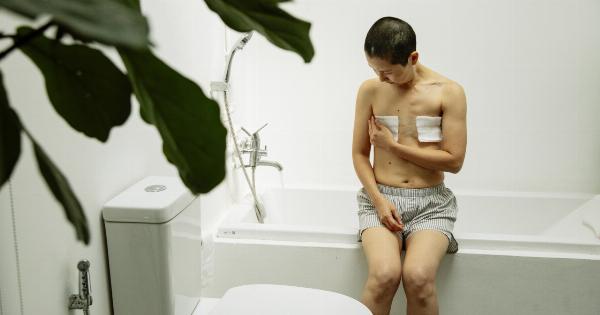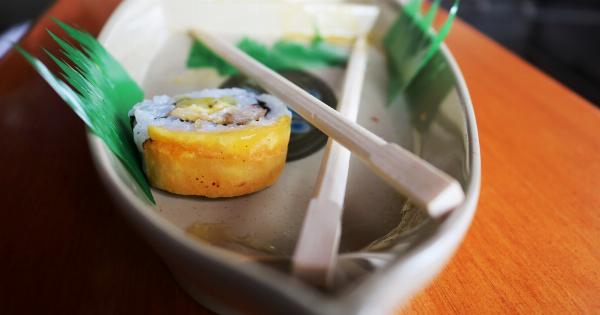Thanksgiving is a time for family, friends, and good food. The traditional centerpiece of this feast is often a roasted turkey. However, improperly handled or cooked turkey can cause food poisoning, which can ruin the holiday for everyone involved.
Here are some tips to prevent food poisoning from turkey at Thanksgiving.
Buy the Right Turkey
The first step to preventing food poisoning from turkey is to buy the right turkey. Make sure you buy a fresh turkey, not a frozen one, if possible. If you have to buy a frozen turkey, make sure it’s fully thawed before cooking.
Also, make sure you buy a turkey that’s the right size for your gathering. A turkey that’s too small may not be enough for everyone, while a turkey that’s too big may not cook properly, leading to food poisoning.
Clean and Prepare Your Turkey Safely
Once you’ve purchased your turkey, it’s time to prepare it for cooking. The first step is to clean the turkey thoroughly. Rinse the turkey inside and out with cool water, and pat it dry with paper towels.
Make sure you also clean any surfaces or utensils that came into contact with the turkey, such as your cutting board, knife, and sink.
Next, prepare the turkey for cooking. If you’re stuffing the turkey, do so just before cooking, and make sure the stuffing is fully cooked before serving.
You can also season the turkey with spices, herbs, or marinades, but make sure they’re safe to eat and won’t cause food poisoning.
Cook the Turkey to the Right Temperature
One of the most important steps to preventing food poisoning from turkey is to cook the turkey to the right temperature.
The internal temperature of the turkey should reach 165°F (74°C) in the thickest part of the bird, including the thigh and the stuffing. Use a meat thermometer to check the temperature, and make sure you place it in the correct part of the turkey. Don’t rely on the color of the meat or juices to determine if the turkey is fully cooked.
Store Leftovers Correctly
After the Thanksgiving meal is over, make sure you store any leftover turkey correctly to prevent food poisoning. First, remove any stuffing from the turkey and store it separately.
Divide the turkey into small portions, and store it in airtight containers or wrapped in foil or plastic wrap. Store the turkey in the refrigerator at 40°F (4°C) or below, and use it within three to four days.
Reheat Turkey Safely
If you plan to reheat leftover turkey, make sure you do so safely to prevent food poisoning. Reheat the turkey to an internal temperature of 165°F (74°C), and use a meat thermometer to check the temperature.
You can reheat the turkey in the oven, microwave, or on the stove, but make sure it’s fully heated through.
Don’t Forget to Wash Your Hands
One of the simplest steps to preventing food poisoning from turkey is to wash your hands frequently. Wash your hands before and after handling the turkey, and before and after preparing any food.
Also, make sure you wash any utensils, cutting boards, or surfaces that come into contact with the turkey.
Take Precautions with the Giblets
Finally, make sure you take precautions when handling the giblets of the turkey. The giblets are the internal organs of the turkey, including the heart, liver, and gizzard.
These can be used to make gravy, stuffing, or stock, but make sure you handle them safely. Wash the giblets thoroughly, and cook them to an internal temperature of 165°F (74°C) before using them in cooking.
Conclusion
By following these tips, you can safely prepare and cook a delicious turkey for your Thanksgiving meal.
Remember to buy the right turkey, clean and prepare it safely, cook it to the right temperature, store leftovers correctly, and wash your hands and utensils frequently. With these precautions in mind, you can enjoy a happy and healthy Thanksgiving with your loved ones.


























